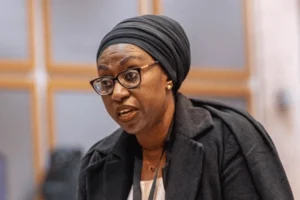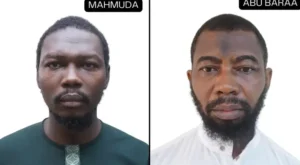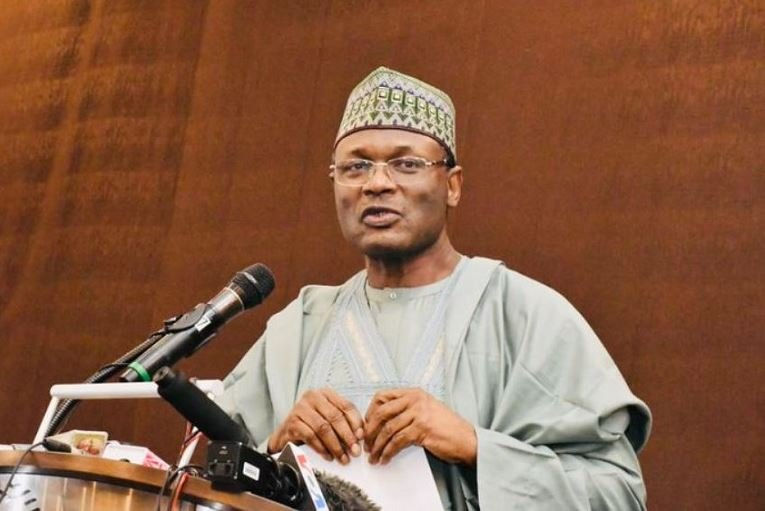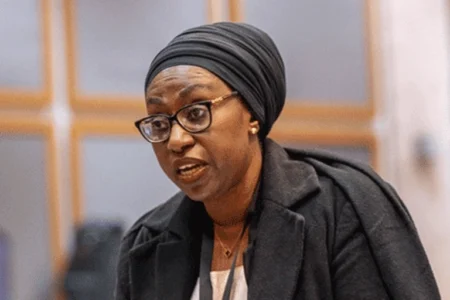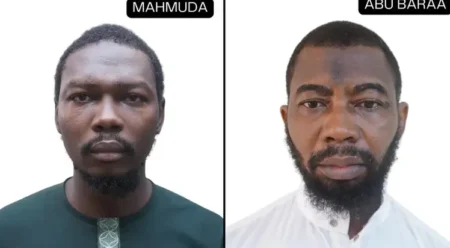The Independent National Electoral Commission (INEC) has warned that the 2023 general election may not hold or could be postponed owing to insecurity across the country.
INEC chairman, Prof. Mahmood Yakubu stated this on Monday in Abuja at the Validation of Election Security Training Resources.
Yakubu who was represented by the chairman, Board of Electoral Institute (BEI), Prof. Abdullahi Abdu Zuru, noted that security personnel, in particular, and all election officials must be security conscious and alert to unusual activities in their environment, and must be fully equipped to deal with any challenge.
“We all appreciate the fact that election security is vital to democratic consolidation through provision of enabling environment for the conduct of free, fair, credible and inclusive elections and thus strengthening the electoral process.
“Consequently, in preparations for the 2023 general elections, the commission is not leaving anything to chance in ensuring that intensive and extensive security is provided for election personnel, materials, and processes.
“This is particularly significant to the commission given the current security challenges in various parts of the country and the fact that the National Youth Service Corps (NYSC) members constitute the core of the polling unit election officials.
“Moreover, if the insecurity is not monitored and dealt with decisively, it could ultimately culminate in the cancellation and/or postponement of elections in sufficient constituencies to hinder the declaration of elections results and precipitate constitutional crisis. This must not be allowed to happen and shall not be allowed to happen.”
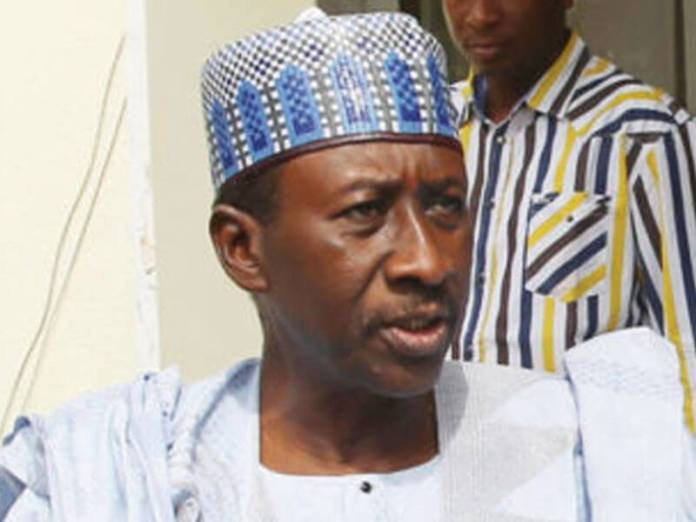
However, the National Security Adviser (NSA), Gen. Mohammed Monguno (retd) at the same event assured that there will a conducive environment for the 2023 general election.
He explained that the Electoral Act 2022 signed by President Muhammadu Buhari will guide the 2023 election.
“In particular, Sections 47(2), 60(1, 2 & 5), 62(1), 64(4a & 4b) and 64(5) of the Electoral Act 2022, which confers INEC with the power to use any technological device to transmit or transfer election results electronically are instructive in this regard.”
He noted that emboldened by these legal protections, the Commission introduced new innovative technologies and procedures and made commitments to the Nigeria people that (a) Continuous Verification, Accreditation and Voting will be conducted at the Polling Units using the Bimodal Verification and Accreditation System (BVAS) and (b) Real-Time Polling Unit-level results will be uploaded on to the INEC Results Viewing (IReV) Portal using the same BVAS.
“These innovative systems and processes minimize human errors and delays in results collation and improve the accuracy, transparency, and credibility of the results collation process thereby ensuring credibility of the process They were tested during the Ekiti and Osun Governorship elections, held on June 18, 2022 and July 16, 2022, respectively.”

